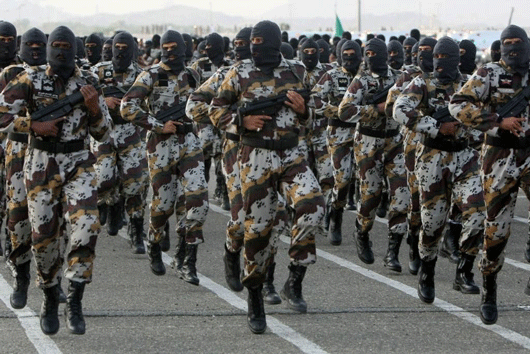
By Maud Easter
On June 9th, UN Secretary General Ban Ki Moon shocked the global community by admitting Saudi threats to defund multiple critically-needed humanitarian programs had forced him to remove Saudi Arabia from a UN blacklist of human rights violators.
He explained that the threatened loss of funding for programs in Syria, Palestine and South Sudan would lead to "the very real prospect that millions of children would suffer grievously." Saudi Arabia had been included on the UN list of armies violating child rights in war - based on its indiscriminate bombing of nonmilitary targets in Yemen. A new UNICEF report details how Yemen’s 11.5 million children are suffering from the war, with over 60% of the child casualties caused by Saudi-led coalition airstrikes.
Now the US must decide whether to support this Saudi bullying when the report comes before the UN Security Council. The initial US reaction was good: Reuters reported that State Department spokesman Mark Turner told reporters "The U.N. should be permitted to carry out its mandate, carry out its responsibilities, without fear of money being cut off."
Connecticut Senator Chris Murphy is campaigning for an end to all US weapons transfers to Saudi Arabia. In the House of Representatives, 40 Republicans and 164 Democrats, including our Congressman Tonko, voted for an amendment to stop sending all cluster bombs to the Saudis. This amendment failed, but signaled a good shift in Congressional attitudes toward US involvement in the Saudi-led Yemen war. The US needs to let Saudis know that it supports diplomacy not bombs as the path to resolving Saudi-Iranian rivalry in Yemen and throughout the Middle East region.
A US condemnation of the Saudi bullying would send a particularly important signal - a change of course on US support for the UN - since sadly the Washington itself has in the past threatened to defund UN programs and has lagged in paying its dues when the UN has disagreed with US policies.
President Obama particularly needs to clarify his support for an independent UN voice. On his watch, in 2014, the US also humiliated Ban Ki Moon by demanding successfully that his public invitation to Iran to participate in Syria talks be revoked. Eventually the US was forced to agree that Iranian participation was essential, but having the initial US behavior now mimicked by the Saudis shows the urgency of Washington’s affirming the important role of the UN as an independent actor.
The most critical problems facing the world today demand global solutions: the accelerating climate crisis, the wastage of critically needed resources on ever-expanding conflicts, and the resulting predictable population upheavals - already underway - of millions and millions of war refugees and climate refugees. We all need the UN to be able to provide independent and strong leadership to help the world survive these challenges.
Source: timesunion, Edited by Website Team